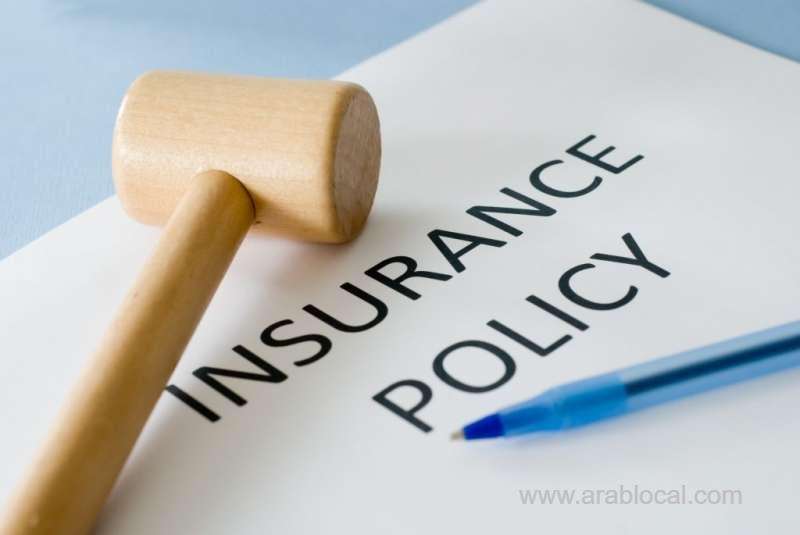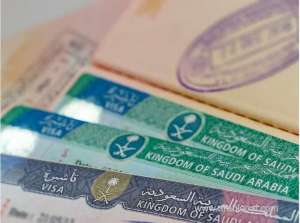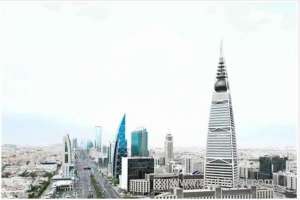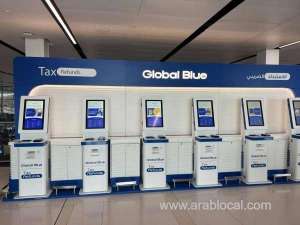Visualise your financial needs as you would Maslow’s hierarchy of needs. There are five stages in this pyramid: cash flow and basic needs, financial safety, wealth accumulation, financial freedom, and legacy.
Legacy is the state you achieve when you can leave your heirs wealth-generating assets to sustain them for generations. Cash flow and basic needs mean you can pay for food, transportation, housing, and daily expenses. To achieve legacy status, you must accomplish the lower levels first.
In this article, you’ll learn about the second stage, financial safety, how to attain it, and why an insurance company in the UAE is necessary to achieve it.
The Second Stage of Your Hierarchy of Financial Needs: Financial Safety
Cash flow and basic needs lay at the foundation of the pyramid of financial needs. You need money for food, transportation, housing, daily needs, and all other recurring expenses. You can work towards financial safety only after you have taken care of your daily and recurring expenses.
What does it mean to be financially safe or secure? It’s having the monetary resources to deal with crises, particularly one that adversely affects household income.
If you or your household’s breadwinner loses their job or passes away, you or your household must have sufficient funds to remain financially afloat (i.e., can take care of the cash flow and basic needs) while you or other members of the household look for another job or start a business.
Financial safety also means that if you (or somebody in your family) gets sick, you have the means to get yourself (or them) high-quality medical care at a hospital without impacting your cash flow and basic needs.
How to Build Your Financial Safety Net
How do you achieve financial safety? You need two things: emergency savings and insurance.
Emergency Savings
Your emergency savings refer to money allocated for unexpected expenses, such as a damaged house that needs repairs or, as mentioned earlier, a household losing income due to a job loss or the death of a breadwinner. It must be worth at least three to six months of living expenses.
Set aside a portion of your income and place it in an emergency savings fund. If your monthly income is insufficient, you need to augment it by finding a higher-paying job or doing a side hustle.
Emergency savings must always be liquid. Keep them in a savings account (preferably a high-yield one) so you can easily and readily withdraw funds from them when needed.
Health Insurance
Health insurance will prevent you from depleting your savings (especially your emergency funds) if you or someone else in your household becomes severely ill. With health insurance, the insurance company will reimburse you or pay the hospital and medical providers for your (or your insured family member’s) medical expenses.
This has the spill-over positive effect of providing health security. Since you’re assured in the knowledge that you can afford medical care if needed, you will be more likely to seek medical attention when you or a member of your family feels ill.
Life Insurance
Life insurance pays a death benefit in case the insured passes away while the policy is in place. It protects the financial stability of the people left behind if a breadwinner dies.
For your household’s financial safety, you must take out life insurance for any family member (including yourself) who contributes to the household income. You’ll need to choose between term and permanent life insurance.
Term and permanent life insurance have many differences. However, the most crucial difference lies in the value of coverage.
Term life provides more coverage per dirham than permanent life, so it offers excellent value. However, remember that term life insurance will cover the insured only for a fixed term, which varies from plan to plan. It can be one year or 30 years; it depends. If the insurance policy has lapsed when the insured dies, no remuneration will be forthcoming.
Permanent life insurance typically provides lifetime coverage, and the premium amounts are usually fixed for life. While it awards a lower death benefit (relative to term life insurance) per dirham of premium paid, it usually has a cash value component that lets the policy owner (typically the insured) also save money.
If the insured dies, the cash value — plus any interest it has accrued over the years — adds to the death benefit the policy beneficiary or beneficiaries can claim. The policy owner can also borrow against or withdraw cash value to pay for emergency expenses, their children’s education or retirement.
Should you opt for term or permanent life insurance? It depends. If you need a higher death benefit – say, your children are still young, and it will be a while before they can work for a living – term life insurance is the better option. If your beneficiaries are financially capable of weathering the financial crisis your demise would cause, choose permanent life insurance. This way, you can save for unexpected expenses and maybe even your retirement. For better financial security, get one of each type.
Save and Get Insured
You may have a high-paying job that is more than enough to pay for your needs and incidental expenses – but what will happen if you lose that job, get sick or die? This is why financial safety is essential, and you can achieve this by allocating funds to an emergency savings account and getting at least health and life insurance. Only after you’re financially safe can you begin going up to the succeeding levels of your financial hierarchy of needs, for instance, procuring an investment plan in the UAE to start building your wealth.








